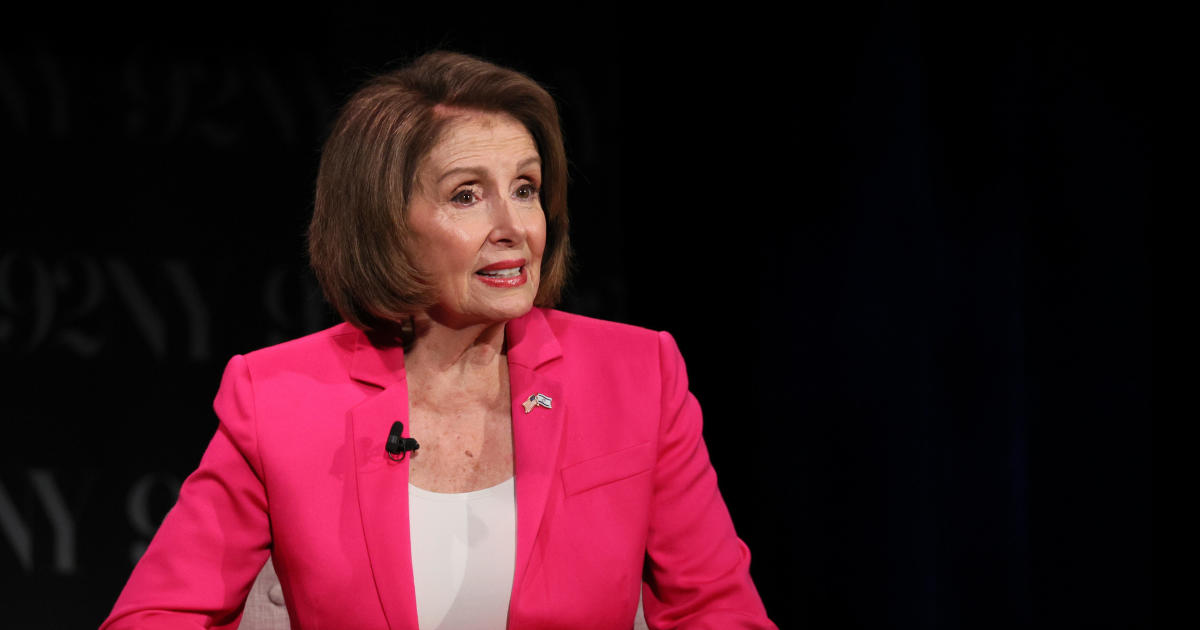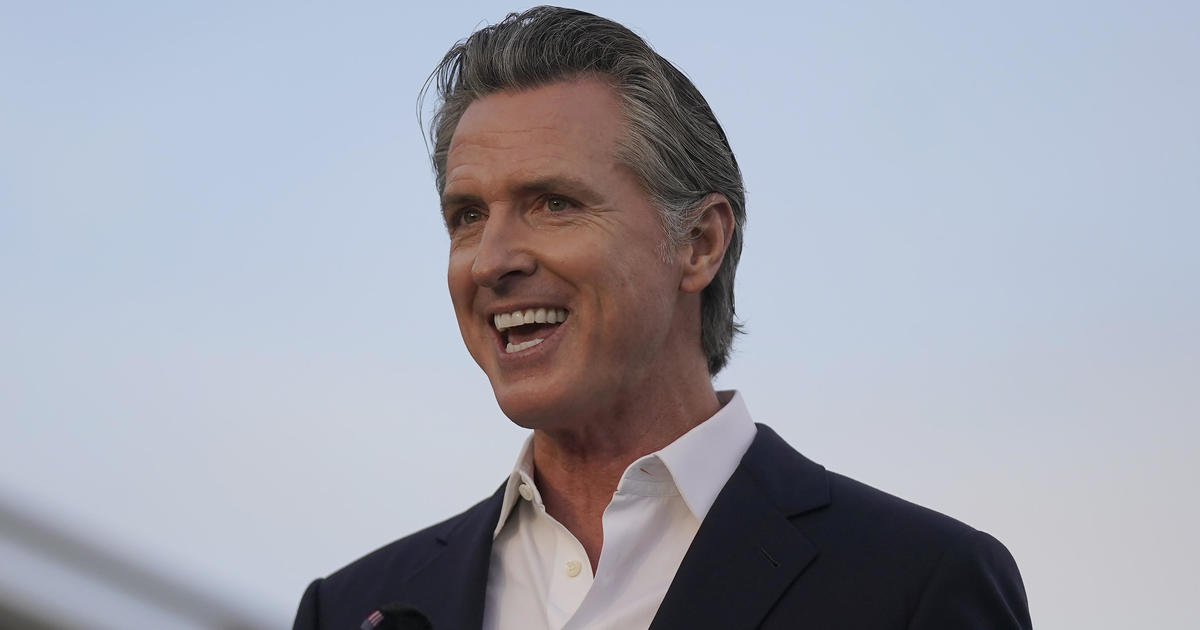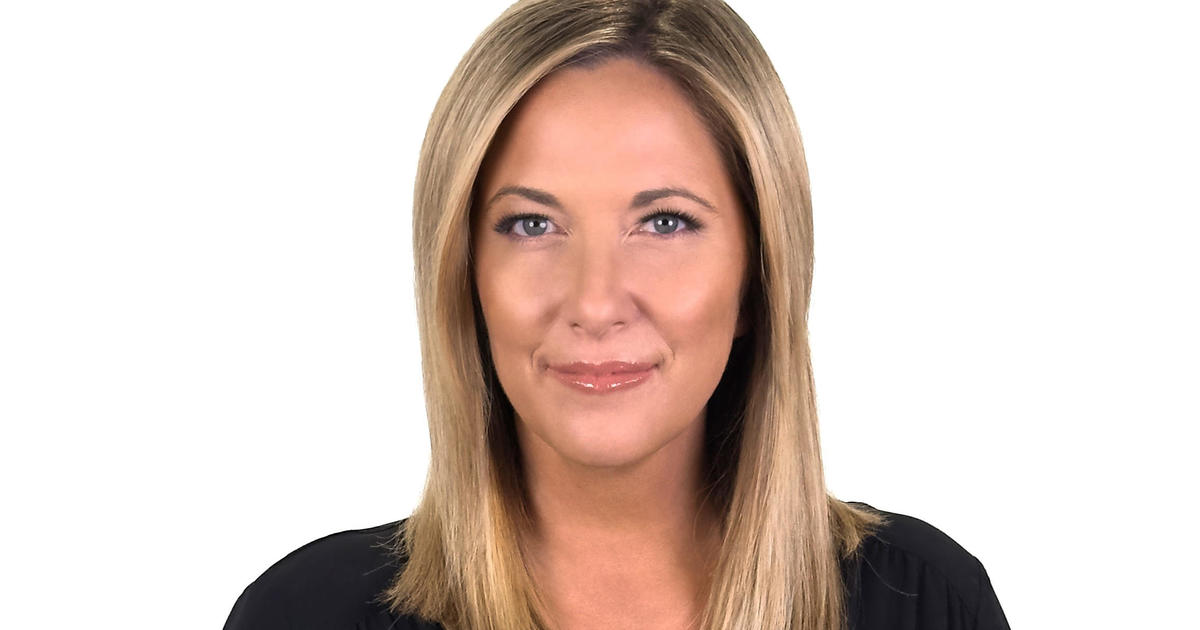Melissa Griffin: California High-Speed Rail Funding Approved
SAN FRANCISCO (CBS SF) -- On Friday the State Senate endorsed an $8 billion dollar package for high speed rail. Not everyone is excited about it.
Last week, the Assembly and the Senate each passed legislation to appropriate $4.7 billion in state bond funds, and $3.3 billion in federal funds for the state's high speed rail project. The bulk of the money allocated (almost $6 billion) would go to construction of a corridor in the Central Valley, but the Bay Area is in for some treats thanks to our political clout in Sacramento and in Washington, D.C.. Nancy Pelosi and Dianne Feinstein have worked tirelessly again to secure this funding.
Specifically, the Bay Area will receive $600 million to electrify the Caltrain line, $140 million for new BART train cars, and $60 million for San Francisco's Muni for the Central Subway Project.
The bond money couldn't be used to save cuts to schools and social services that the state is facing, but the state budget analysis estimates that we'll have to pay $376 million dollars a year on the debt after it is issued - and that's money that could go to fund other things. I think viewing the cuts we're facing in light of this new payment obligation is what has turned people off. The fact that the initial voter-approved plan was for $45 billion dollars and the project has ballooned to $65 billion hasn't helped either.
A recent Field Poll showed that 56 percent of likely would oppose the rail project if it were up for vote again. (Remember that in 2008 the project passed with only 52 percent of the vote.) That poll also showed that over 20 percent of people who are planning to vote for the governor's tax proposal would be less likely to do so if this bill were passed.
Up until the last minute, it wasn't clear that the allocation was going to pass. The measure needed 21 votes in the Senate and there are 25 Democrats, so it would only take five "no" votes to tank this whole project. Senate Democrats who voted against the project include Senators Lowenthal and Pavley. Lowenthal is in a tight runoff election against incumbent Loretta Sanchez, and Senator Pavley is also in a close race for re-election in a newly-drawn senate district.
Senator Simitian also voted against the project after backing the 2008 measure where voters approved high speed rail. He gave a 17 minute speech in which he explained his journey from proponent to opponent. Senator DeSaulnier (D-Concord), chair of the Senate Transportation and Housing Committee also voted against the measure bringing the total "no" votes by Democratic lawmakers to four. (Note that there is one other common thread among the four Democrats who voted against the bill - all of them are on the senate transportation committee. This does not look good.) One more flip by a Democrat and the measure would have gone down.
The final Democrat vote that saved the day was from Senator Negrete-McLeod who waited until it was clear that there was no other way this measure was going to pass before casting her "yes" vote. In a close race for congress against Republican Joe Baca, Negrete-McLoed probably would have rather stayed out of the spotlight on this one, but in the final count she sided with Democratic party leaders who had been lobbying hard to ensure the project passed.
The decision to build in the Central Valley first goes back to 1995, when the whole project was in its infancy. Politics certainly played a key role, with Democrats wanting to lay claim to the jobs and infrastructure this brings to the valley. In addition, building in the middle means that the track "to and from nowhere" can be used as leverage to secure funding for the connectors to San Francisco and Los Angeles. Once it's built, lawmakers at every level of government will be hard pressed to leave it alone and not give any more funding. With an estimated $58 billion more needed to complete the project, ensuring that future funding will keep coming is priority one.



